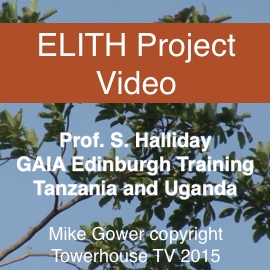Program Evaluation
Research programs of this kind raise important questions as to their goals, implementation and effectiveness. Here we briefly highlight a few key issues.
- Literature reviews show a large body of research, going back many years, about low cost and environmentally sustainable building solutions in developing countries. Whilst many of these are theoretical research studies, there are also many successful applications in the real world. These successes almost never achieve significant spreading. There also exist a number of research reviews; these however focus usually on theory rather than on applications. It should be a high priority to refocus funding towards delivery of existing, tried solutions – as well as real life testing of promising theoretical studies. This can involve little more than copying and spreading tried and tested solutions.
- Partners in developing countries on such cooperative programs do not always have research capacity, and/or may have priorities that do not match. Selection, composition and focus of such teams needs more careful design. Knowledge- and capacity building, rather than research, may be the priority if not the only achievable impact.
- Similarly, in many countries there is no existing framework, legislation, or indeed governance for implementing even basic energy efficiency (whether in buildings or other sectors). This again indicates the need to rethink objectives and target groups for programs aimed at developing countries.
- There are nevertheless important lessons to be drawn from state of the art experience in sustainable building in the cold and temperate climates. But the relevant lessons are less about technological solutions, than about design skills and delivery; as well as suitability to dissimilar cultural contexts. This has also been the experience of green building programs and eco-district developments in Europe and North America. We discuss this in “processes of change”. Dissemination and delivery, not technology, is the key challenge for sustainable development.
- Dissemination in the form of scientific publications, whilst a high priority for researchers, reaches extremely few people – and often not the most significant actors such as politicians, builders, or the public. To the research agenda should be added a supplementary focus on editing findings and results in the form of more popular publications.






